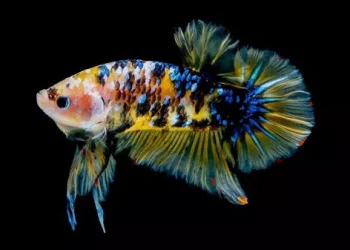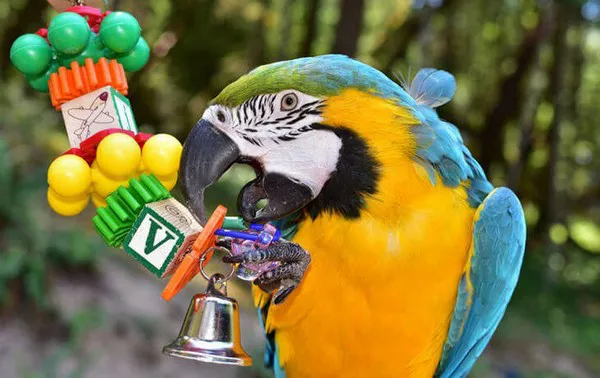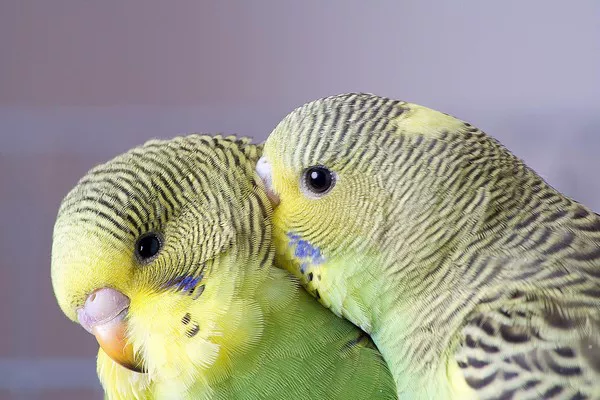Corn snakes (Pantherophis guttatus) are among the most popular pet snake species, prized for their docile nature, striking colors, and relatively simple care requirements. These non-venomous reptiles are native to the southeastern United States and are often chosen as pets due to their manageable size, calm temperament, and ease of care. As with any pet, providing proper nutrition is one of the most important aspects of ensuring the long-term health and well-being of a corn snake.
While many corn snake owners may be familiar with feeding their pets mice or rats, there may be questions about the appropriateness of other foods, such as eggs, in their diet. This article will examine whether eggs are a suitable food source for corn snakes, discuss the nutritional needs of these reptiles, and provide recommendations on what to feed them for optimal health.
Understanding Corn Snake Diets in the Wild
Before diving into the specifics of whether eggs are a good food option for corn snakes, it’s essential to understand what corn snakes eat in their natural habitat. Corn snakes are primarily carnivores, feeding on a variety of small animals such as rodents, birds, lizards, and amphibians. Their diet is rich in protein, which supports their growth, muscle function, and overall vitality.
In the wild, corn snakes are opportunistic feeders, meaning they consume whatever prey is available to them. Rodents, particularly mice and voles, form the majority of their diet. However, they may occasionally prey on small birds, eggs, or reptiles when the opportunity arises.
Given this wide range of prey items, it is clear that corn snakes are capable of digesting different types of meat. However, it is important to note that their digestive system is specifically adapted to process protein-rich foods and may not be well-equipped to handle certain types of foods, such as eggs, on a regular basis.
Are Eggs Good for Corn Snakes?
Nutritional Composition of Eggs
Eggs are highly nutritious and are often considered a healthy food for many animals. They are rich in protein, fats, and essential vitamins and minerals, including vitamin A, vitamin D, calcium, and phosphorus. While these nutrients are beneficial for many animals, their suitability for corn snakes needs to be carefully considered.
For corn snakes, the primary nutritional need is protein, which helps support muscle growth and overall body function. Eggs are a good source of protein, which might suggest they could be an appropriate food option. However, there are several factors to take into account.
Protein: Eggs provide a high amount of protein, which could support a corn snake’s growth and energy needs. However, a diet solely composed of eggs might provide an imbalance of protein, as corn snakes are adapted to a more varied diet, primarily focused on mammals.
Fats: Eggs are also rich in fats, which provide a high-energy source for many animals. For a corn snake, however, excessive fat intake can lead to obesity and health problems over time.
Calcium and Phosphorus: The balance of calcium and phosphorus in eggs is important for bone health. While calcium is necessary for strong bones, too much phosphorus can interfere with calcium absorption and cause imbalances that could lead to health issues such as metabolic bone disease.
Digestibility of Eggs
The ability of corn snakes to digest eggs effectively is another important consideration. Unlike mammals, reptiles like corn snakes have a different digestive system that is specialized for processing protein-rich prey, such as rodents. While corn snakes have the ability to eat eggs in the wild, they typically consume eggs that are already partially broken or damaged, often from birds or other prey animals that they encounter.
Eggs are not a natural, regular part of their diet, and while they can digest eggs, the digestive system of a corn snake is not specifically adapted for processing large amounts of eggs. The egg whites, in particular, may be more difficult for a corn snake to digest, potentially leading to digestive issues or discomfort.
Risk of Nutritional Imbalance
Feeding corn snakes eggs regularly could result in a nutritional imbalance. A diet too high in protein and fat can lead to obesity, liver problems, and other health issues. Additionally, if corn snakes are fed eggs too often, they may not receive the essential nutrients they need from a more balanced diet consisting of rodents and other prey items.
It is crucial to maintain a diet for corn snakes that mirrors the variety and balance they would experience in the wild. Their digestive system is optimized for processing small mammals, which provide a more balanced array of nutrients. A diet consisting solely or predominantly of eggs could lack the variety of vitamins and minerals that corn snakes need to thrive.
Potential for Eggshell Consumption
Another factor to consider is whether or not a corn snake would ingest the eggshell when eating eggs. While corn snakes do not typically consume the shells of rodents, they might attempt to eat the eggshells, which could lead to digestive complications. Eggshells are hard and difficult to digest, which could result in blockages or injury to the digestive tract.
For snakes that do consume eggs, it is possible that the eggshell could cause harm if it is not properly broken down. Corn snakes are not likely to break the eggshell into small, digestible pieces, and the sharp edges of eggshells may cause damage to the snake’s throat or intestines.
Potential for Disease Transmission
Eggs, particularly those that are not fresh or have been stored improperly, can carry the risk of bacterial contamination. Salmonella, a bacteria commonly found in raw eggs, is a particular concern. Salmonella can cause serious health issues in reptiles, including diarrhea, lethargy, and in severe cases, death.
Since corn snakes are susceptible to bacterial infections, it is important to ensure that any food offered to them, including eggs, is properly handled, stored, and prepared. Raw eggs pose a significant risk of bacterial contamination and should be avoided unless they are thoroughly cooked.
Feeding Recommendations for Corn Snakes
While eggs can be offered to corn snakes on occasion, they should not be a regular part of their diet. There are several healthier, more appropriate options for feeding corn snakes that align with their natural dietary needs.
Mice and Rats
The primary food for a corn snake should be mice or rats, which provide a balanced mixture of protein, fats, and essential nutrients. Prey animals like mice and rats are similar to what corn snakes would encounter in the wild and are best suited to meet their nutritional needs.
Size Matters: When choosing mice or rats, it is essential to select prey that is the appropriate size for the corn snake. A mouse or rat should be roughly the same width as the snake’s body to ensure that the snake can swallow it easily and digest it properly.
Frozen vs. Live: It is generally recommended to feed frozen thawed mice or rats rather than live prey. Live prey can pose a risk of injury to your snake, as the rodent may bite or scratch the snake in self-defense.
Other Appropriate Prey
While mice and rats are the primary food for corn snakes, it is important to provide variety in their diet when possible. In the wild, corn snakes also eat other small animals such as birds, lizards, and amphibians.
If you wish to offer a more varied diet, consider feeding your corn snake the following:
Day-old chicks: These are available at some pet stores and can be a good source of protein.
Small lizards: Some reptile enthusiasts feed their corn snakes small lizards or geckos.
Frozen or thawed amphibians: In some cases, frogs or similar amphibians can be fed to corn snakes.
When offering these alternate food sources, it is essential to ensure that they are nutritionally balanced and free from parasites or contaminants.
Proper Feeding Schedule
Corn snakes should typically be fed once every 5 to 7 days, depending on their age and size. Juvenile corn snakes require more frequent feedings, while adult corn snakes can be fed less often. Overfeeding can lead to obesity, while underfeeding can result in malnutrition.
A well-balanced diet consisting primarily of rodents and occasional supplementary foods will help ensure that your corn snake receives all the nutrients it needs to thrive.
Conclusion
While eggs can be consumed by corn snakes on occasion, they should not be a regular part of their diet. Corn snakes are primarily carnivores, and their digestive systems are better equipped to handle protein-rich foods like rodents and birds. Regularly feeding eggs can lead to nutritional imbalances, digestive issues, and other health problems. Therefore, it is best to stick to a varied diet of rodents and small prey items that closely mimic what corn snakes would eat in the wild.
If you do decide to offer eggs to your corn snake, they should be given sparingly and as an occasional treat rather than a staple of their diet. Always ensure that the eggs are fresh and free from bacterial contamination, and be cautious about the possibility of eggshell ingestion.
Ultimately, the best way to keep your corn snake healthy is to provide a well-balanced diet tailored to their specific needs, focusing primarily on whole prey items like mice or rats. By understanding their natural dietary habits and offering the right foods, you can help your corn snake lead a long and healthy life.
Related Topics:























